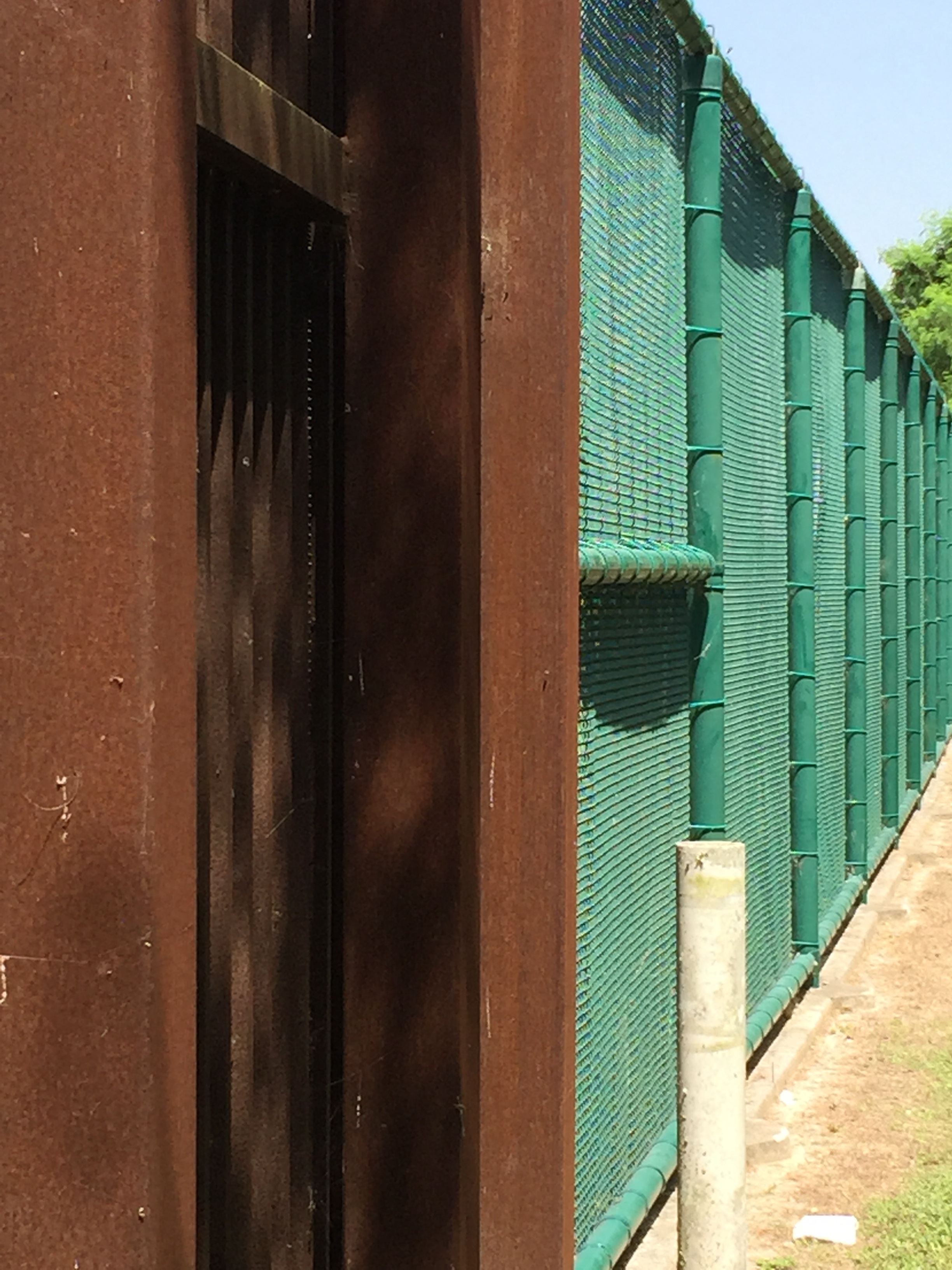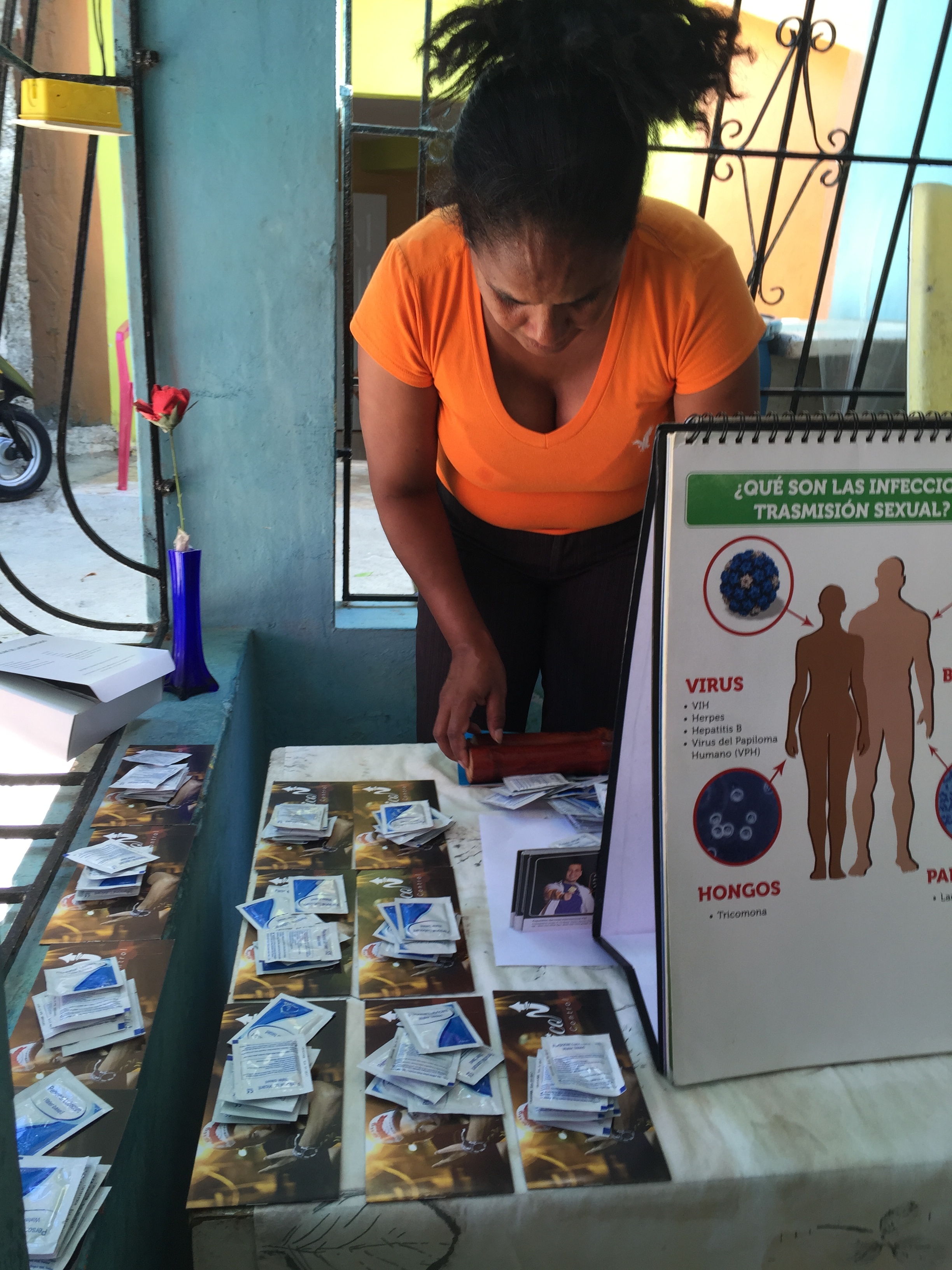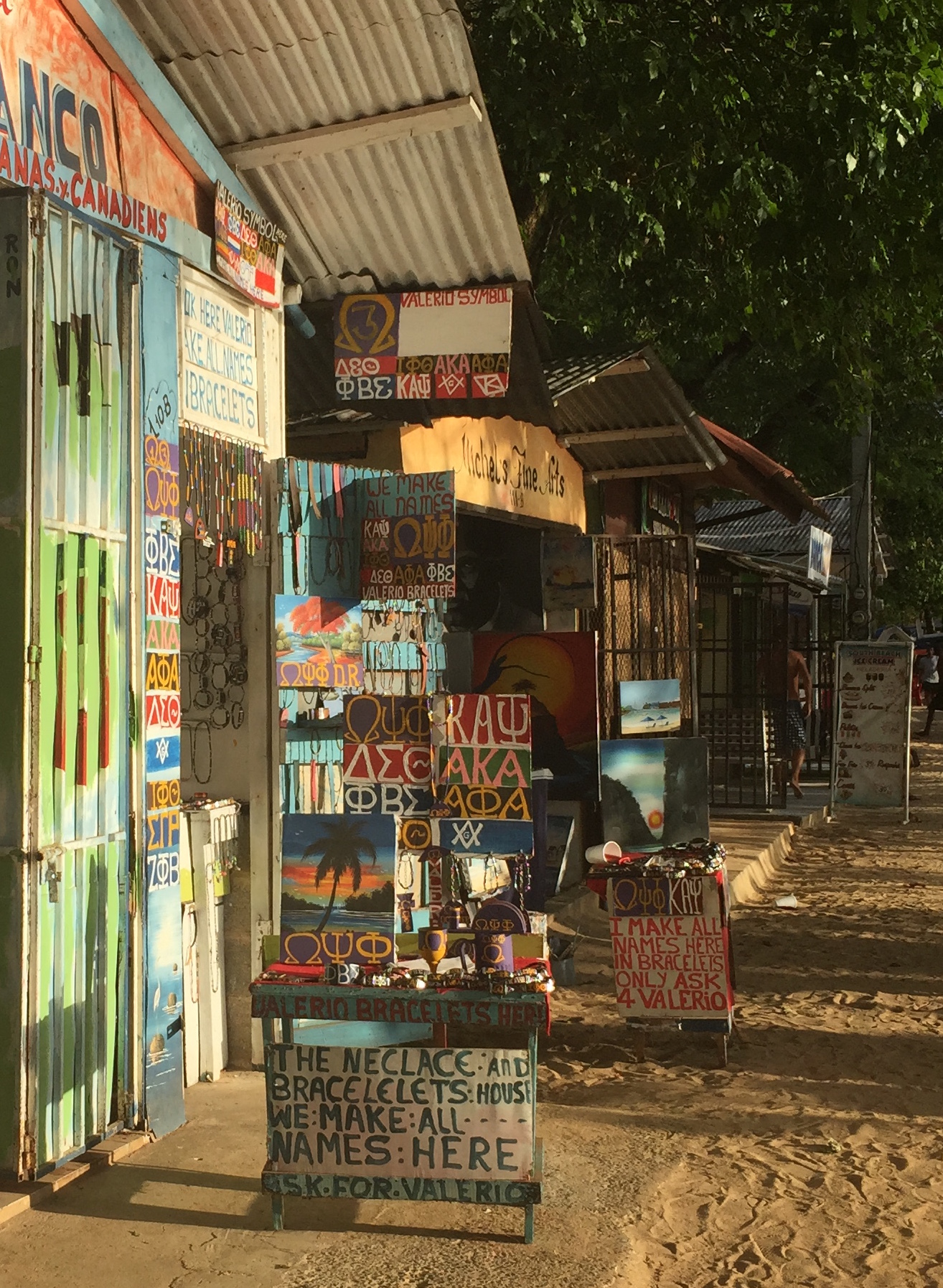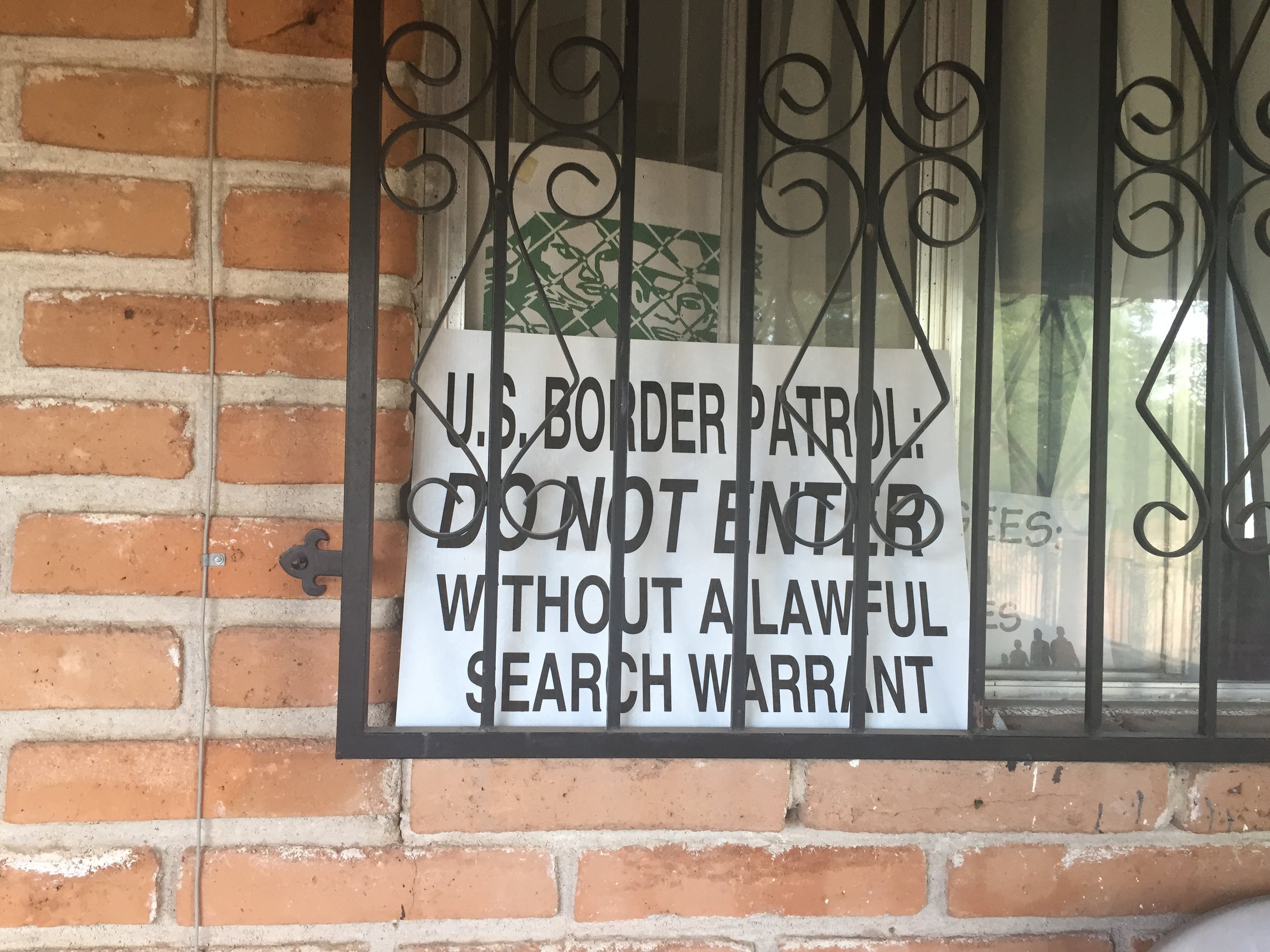
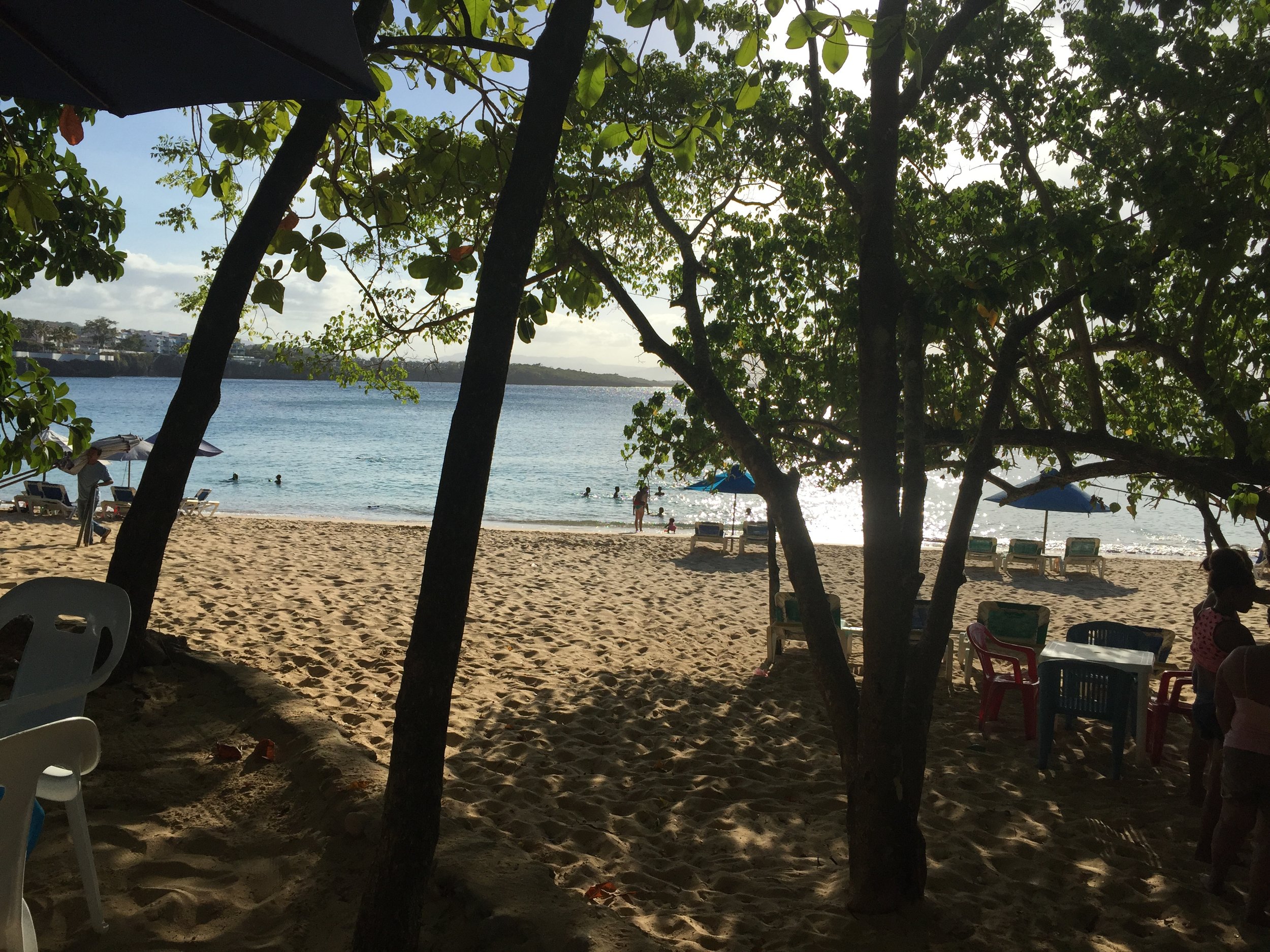
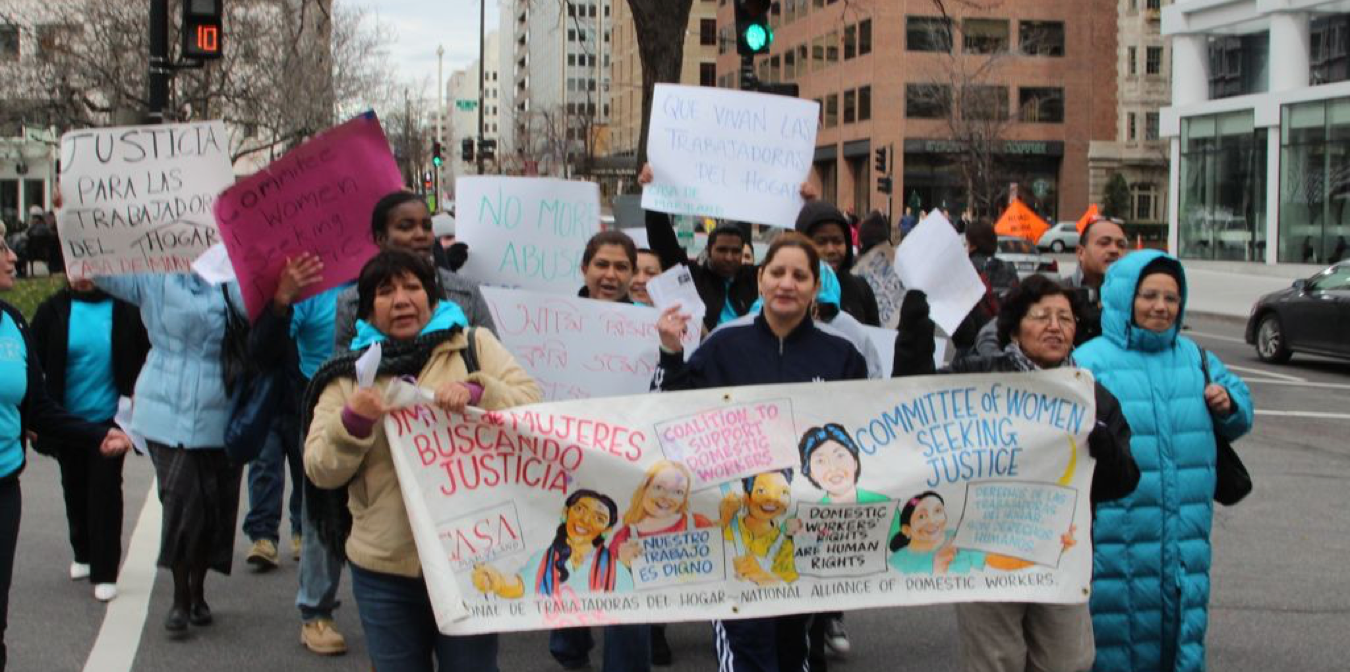
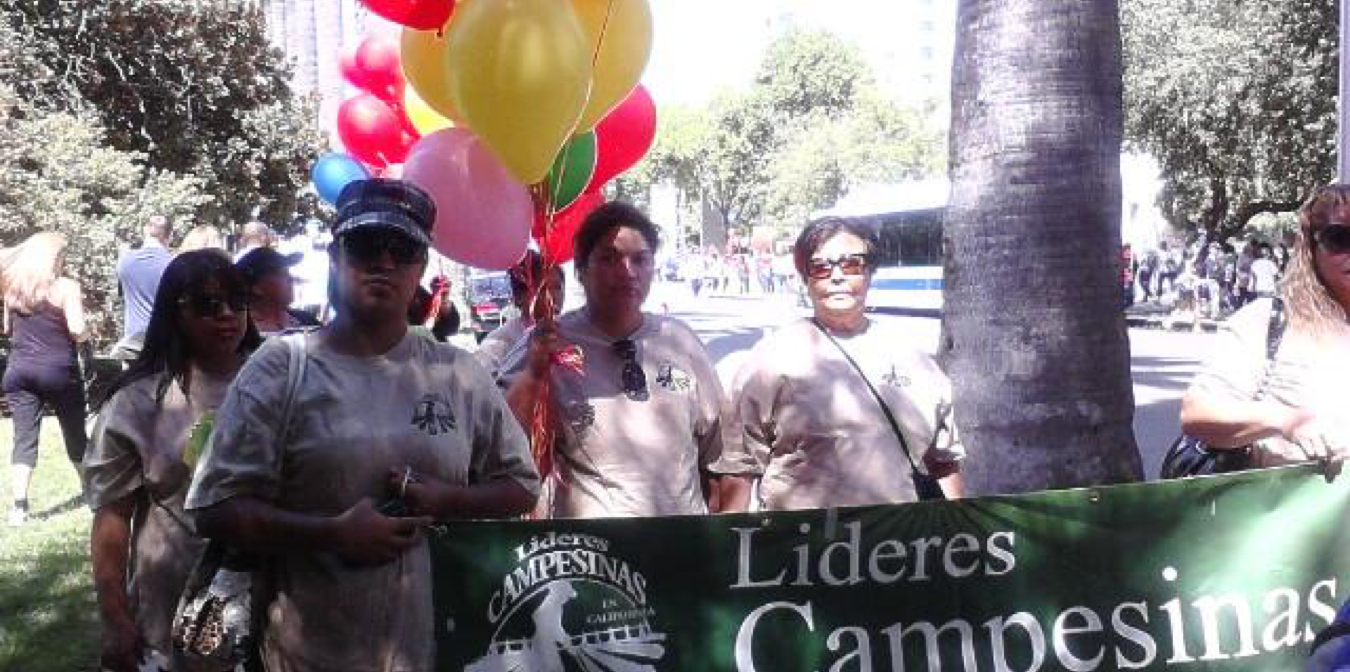
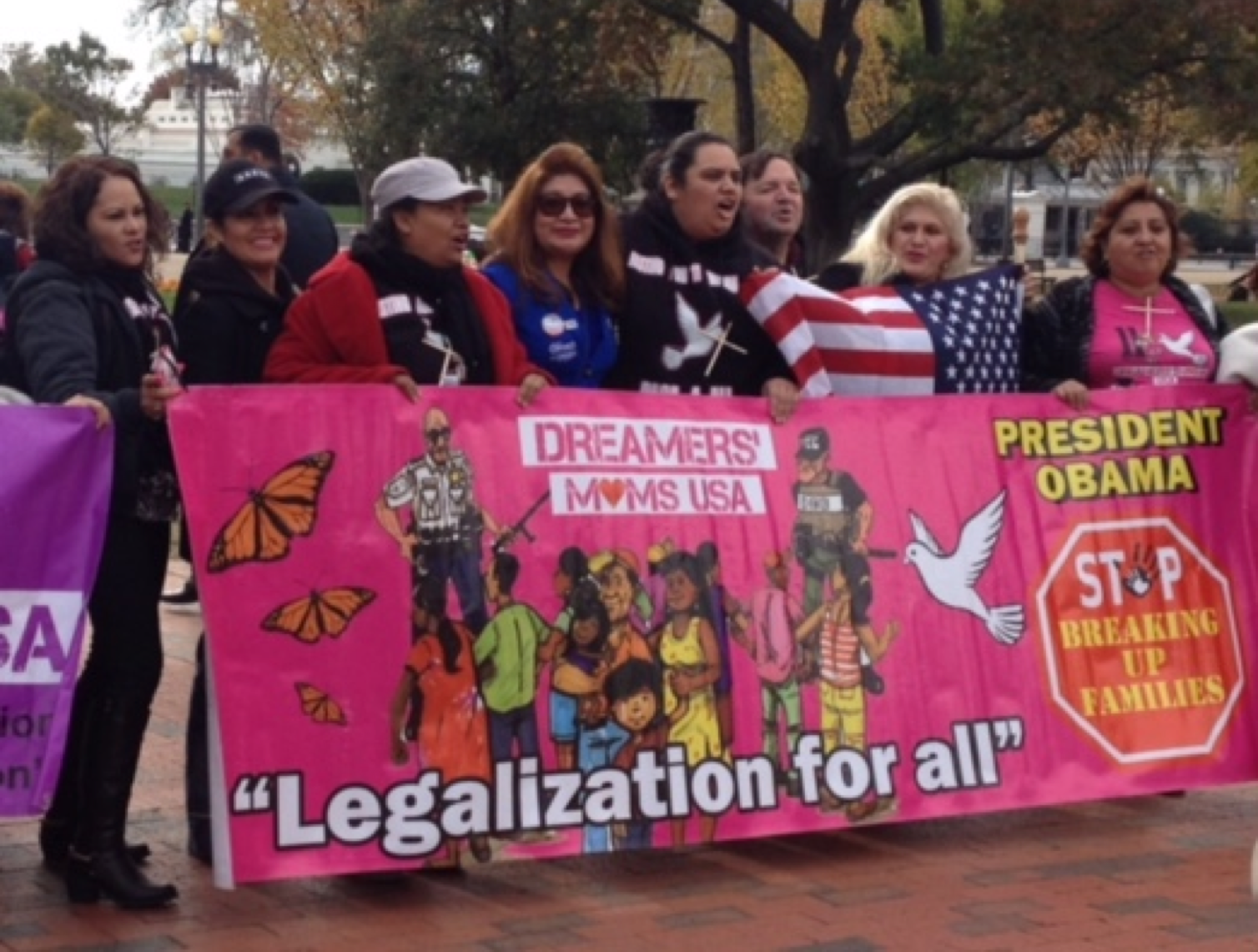
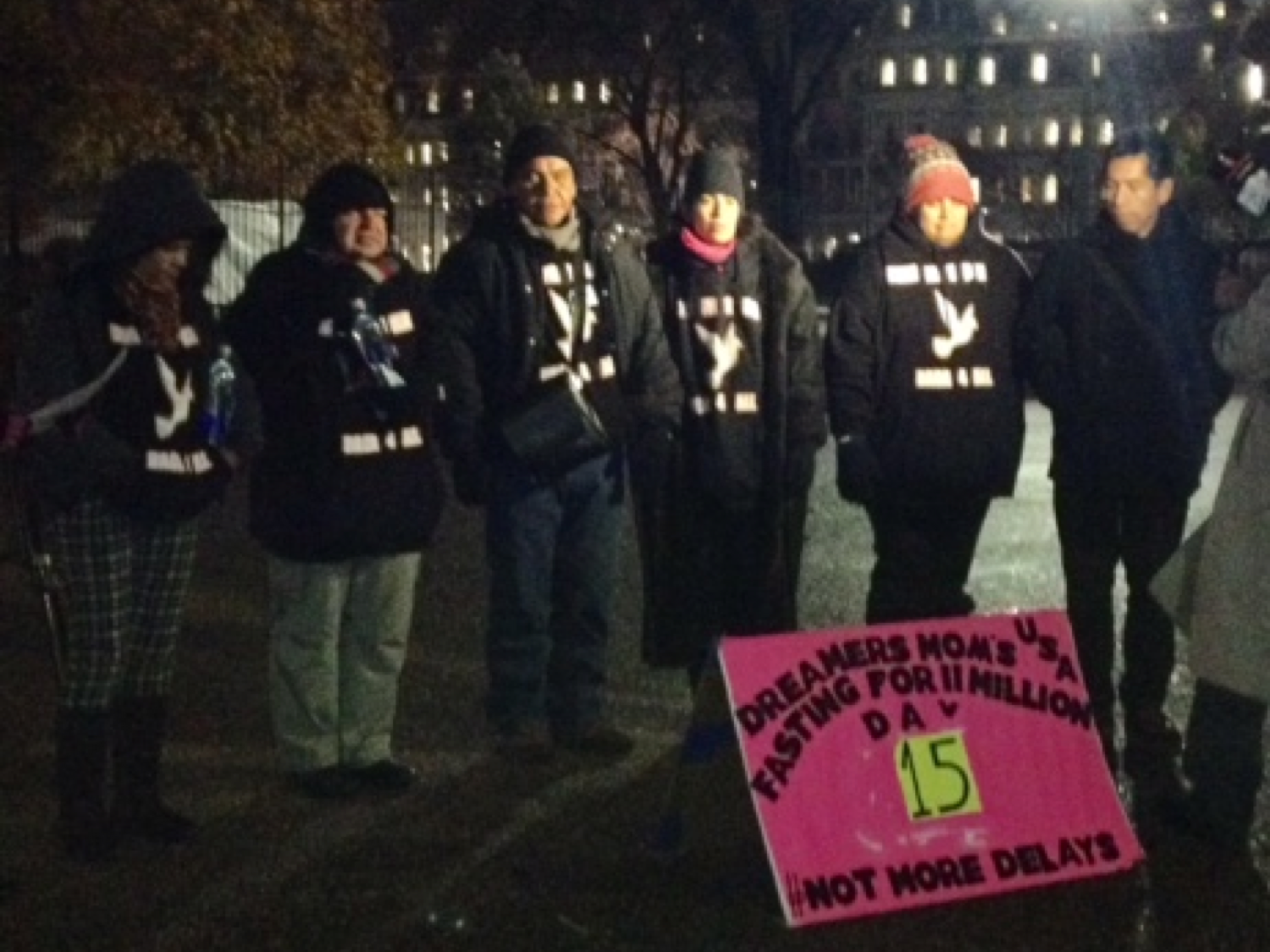
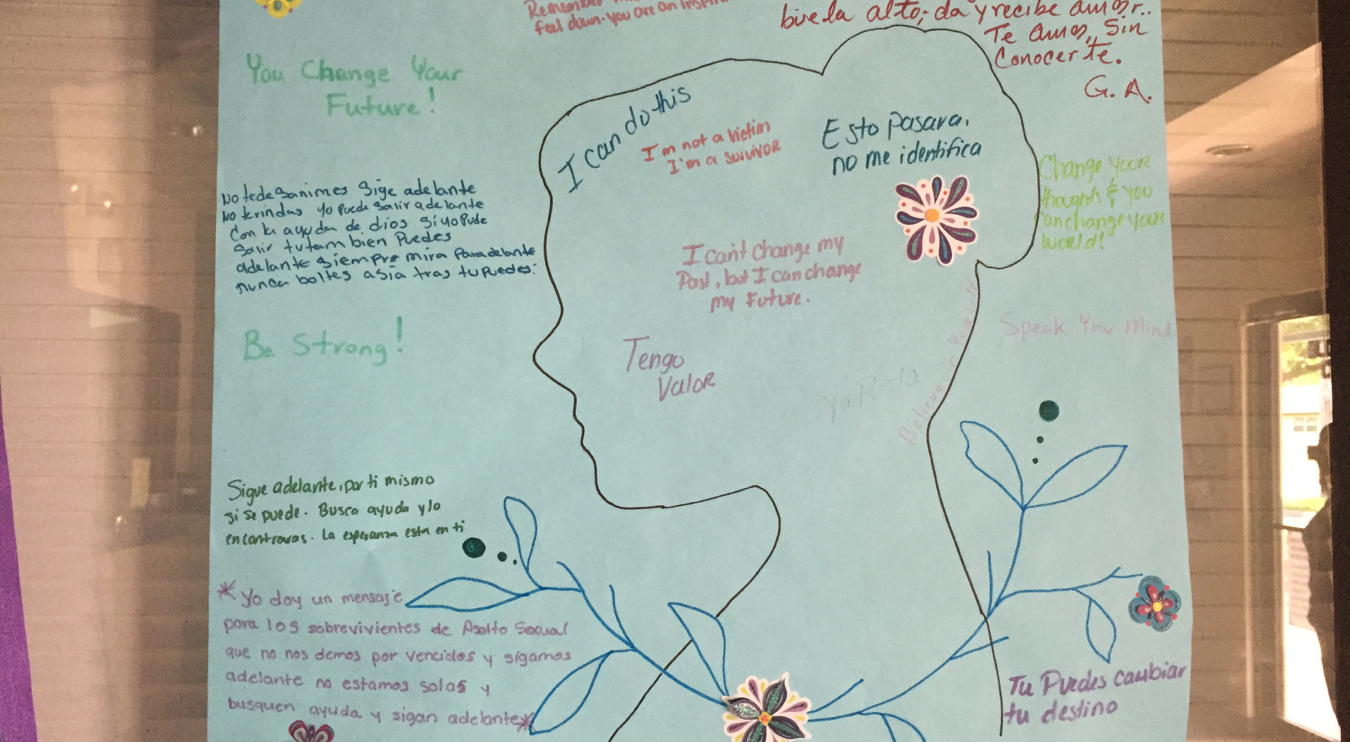
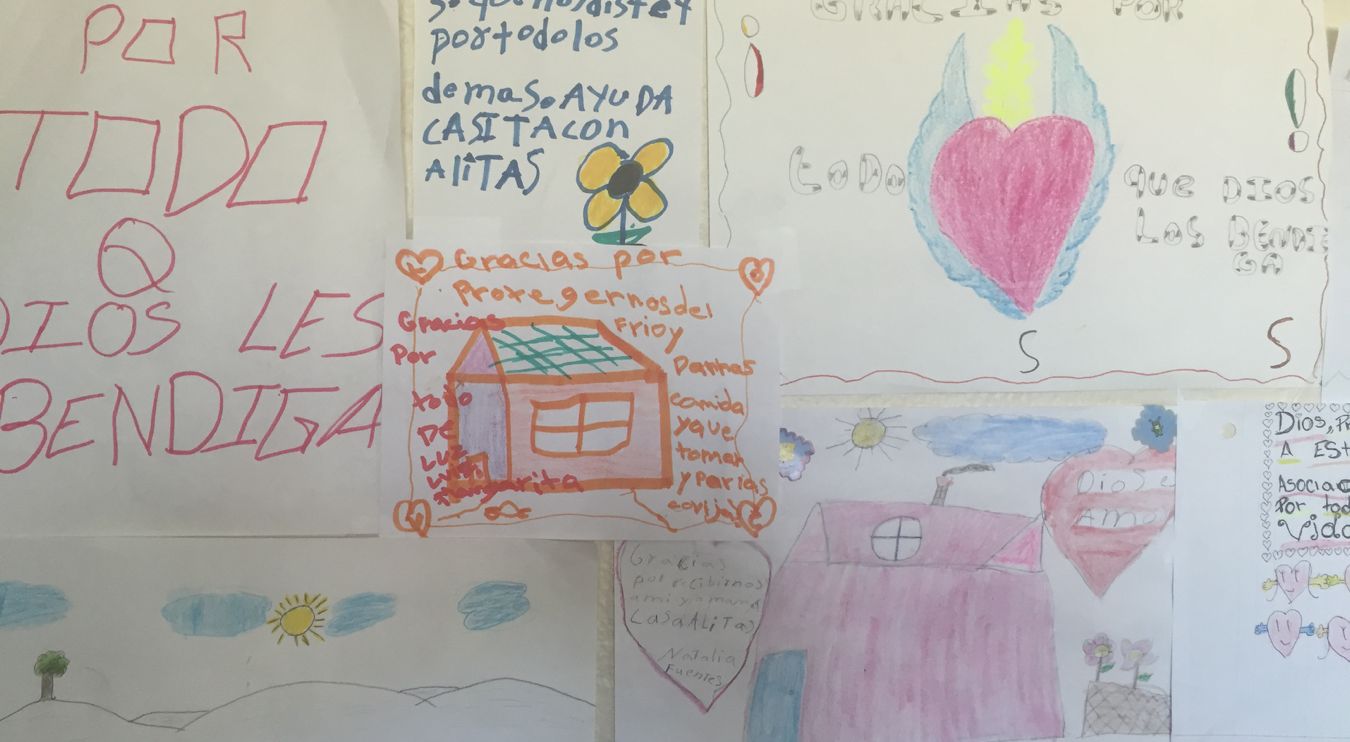
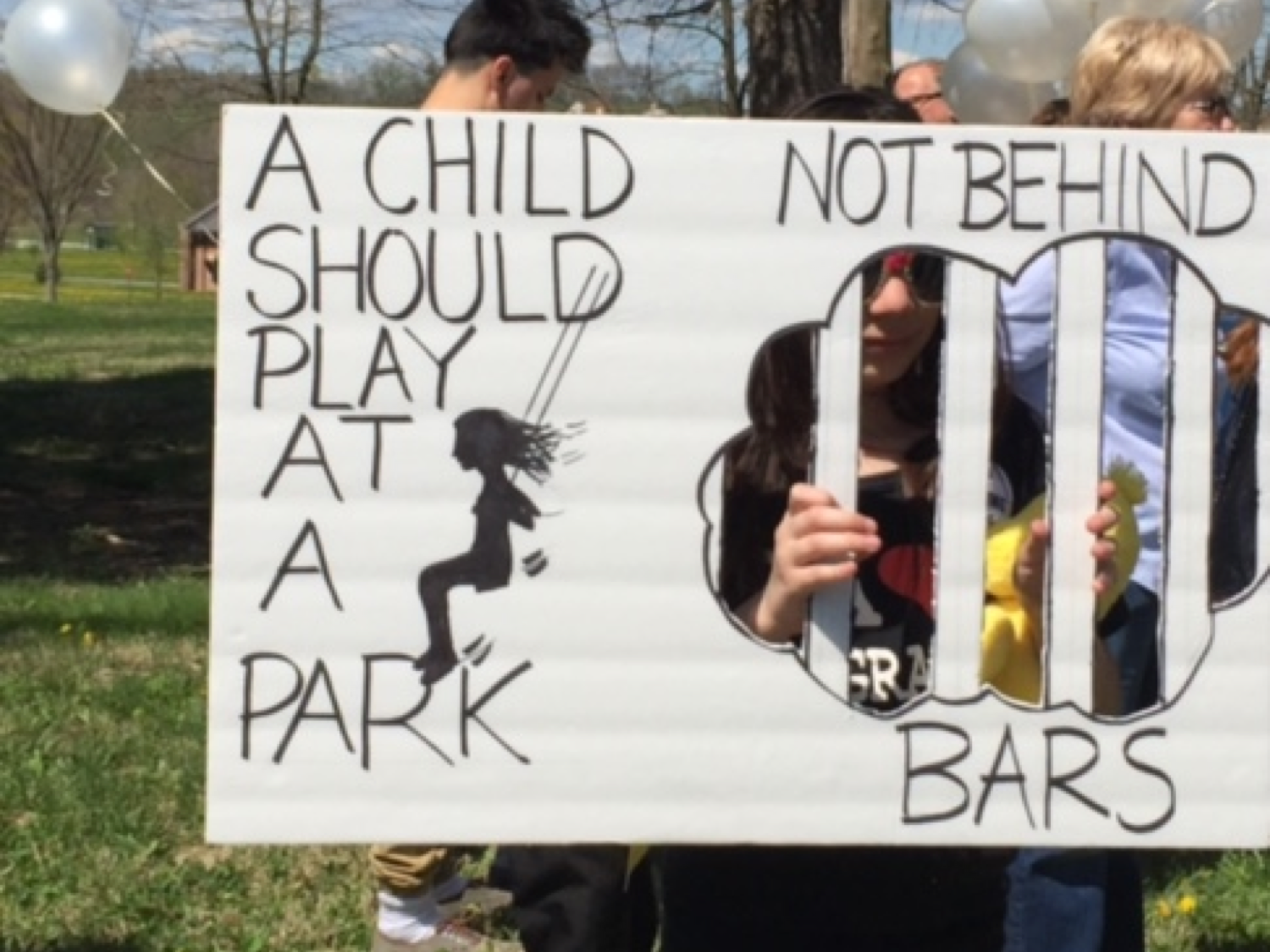
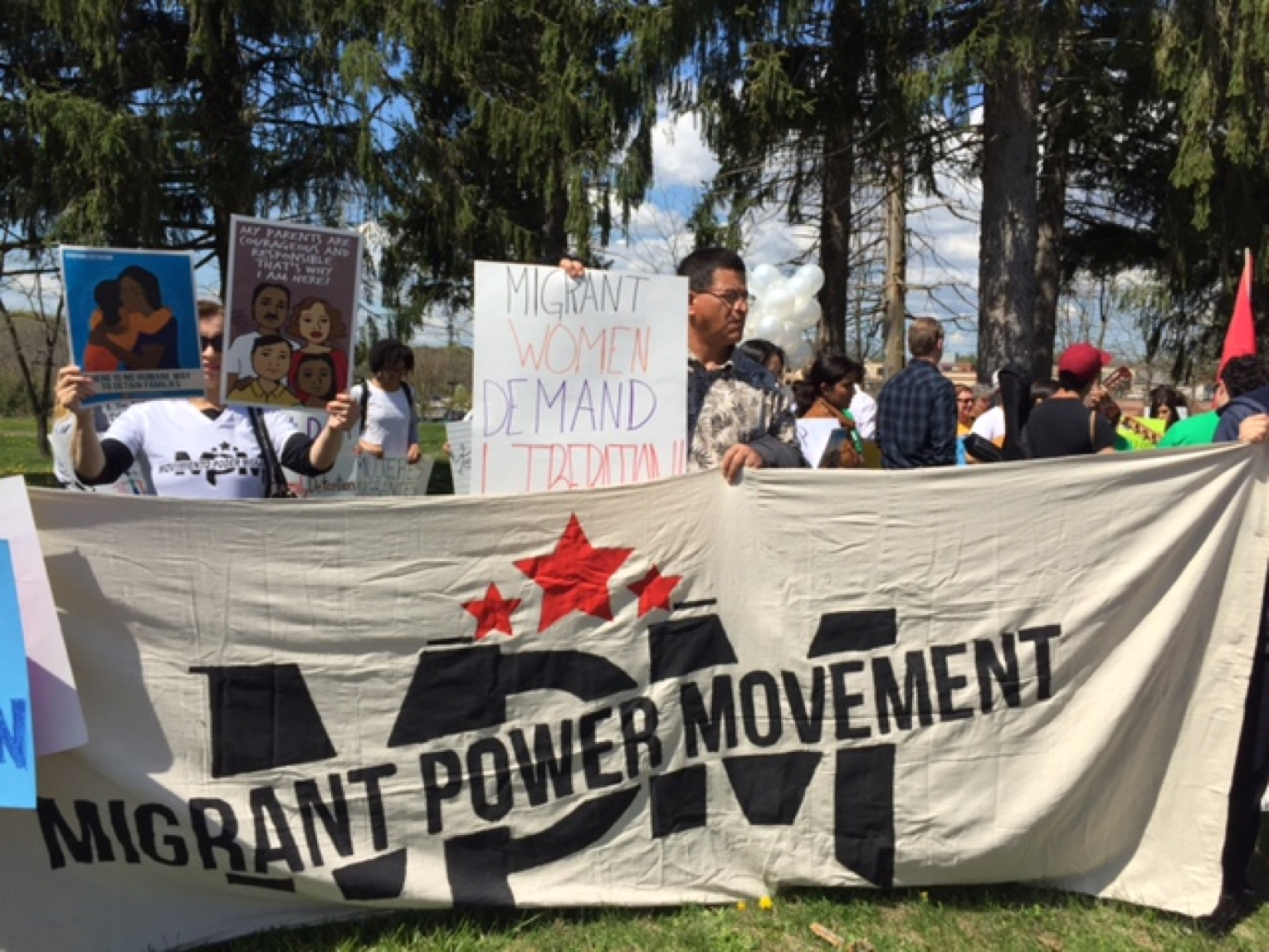
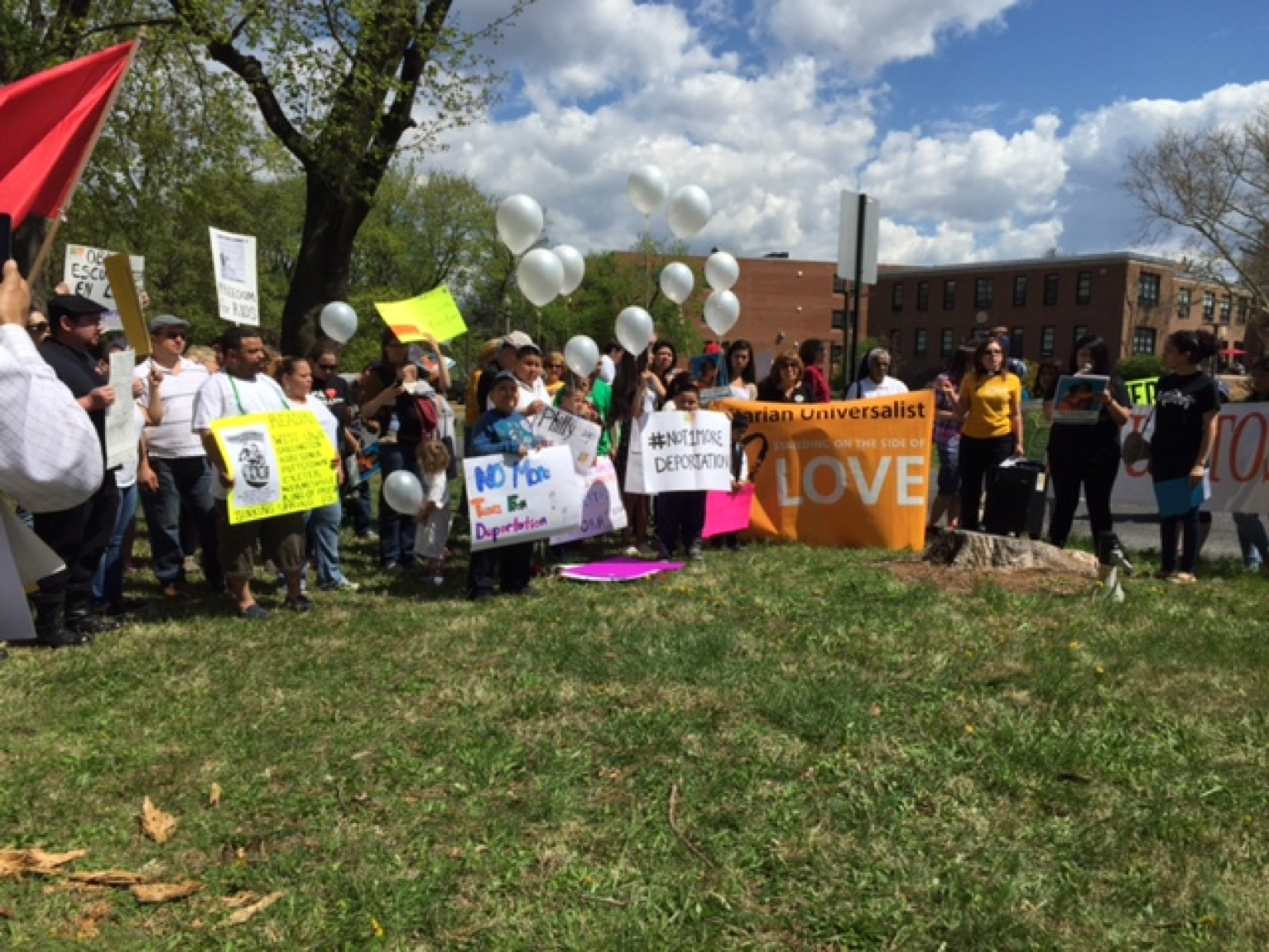
Denise Brennan is Professor in the Department of Anthropology at Georgetown University where she also is the Faculty Co-Founder and Co-Director of the Gender+ Justice Initiative. Her scholarship focuses on borders, migration, policing, trafficking, sex work, and migrant exploitation and climate change.
Professor Brennan is the author of What's Love Got to Do with It? Transnational Desires and Sex Tourism in the Dominican Republic that explores how Dominican women strategically use the sex sector to meet tourists, feign love, and legally migrate off the island through marriage. This research with women who choose to sell sex, and keep all their earnings without interference from any intermediaries, stands as a powerful critique of the conflation of all sex work as trafficking.
She is also the author of Life Interrupted: Trafficking into Forced Labor in the United States which follows the lives of the first survivors of trafficking to receive trafficking visas to remain in the United States. Life Interrupted examines the connection between undocumented status and exploitation. It documents how individuals who endured severe abuse rebuild their lives, counters panics over the sex sector, and argues that policies that surveil, racially profile, incarcerate, and deport undocumented people undermine efforts to prevent trafficking and find trafficked people.
While conducting field research for Life Interrupted she met many undocumented individuals who had experienced exploitation, just not enough to qualify for a trafficking visa that grants permission to stay living and working in the United States. Her current book project, picks up where Life Interrupted leaves off and explores how 11 million undocumented individuals navigate their daily lives under the constant threat of detection and deportation. The Border Is Everywhere: Policing Undocumented Life in the United States examines how undocumented migrants manage the violent possibility of being forcibly removed from the United States with the banal tasks of their daily lives. The book draws from field research within the "100-Mile Border Zone" (an enhanced immigration enforcement zone) along both the U.S. southern and northern borders, as well as within migrant communities in the U.S. interior. In this way, the book calls attention to how border policing happens far from any actual border.
Professor Brennan has just begun field research with migrant workers who work in fire evacuation zones as well as with migrant “disaster workers” who clean up after extreme weather events. This new book, Life Amidst Fire: Climate Change, Migration, and Work, asks what “counts” as trafficking when climate-related disasters become regular events? It questions whether existing legal frameworks that define trafficking as laboring under “force, fraud, or coercion” offer sufficient protections on a rapidly heating planet. Relatedly, as people are forced to migrate because of lack and work and food insecurity in places wracked by climate disasters, what “counts” as a basis for asylum?
In 2018-19 Professor Brennan was a Member of the Institute for Advanced Study in Princeton. Her scholarship also has been supported by the Woodrow Wilson International Center for Scholars, the Harry Frank Guggenheim Foundation, the American Association of University Women, and the Fulbright Program. Her research has been featured in media outlets such as the Washington Post, the Boston Globe, U.S. News and World Report, Rolling Stone, NBC, NPR, Playboy, Jezebel and The Chronicle of Higher Education. Her teaching has been recognized by the Georgetown College Dean’s Award for Excellence in Teaching, an Outstanding Community-Based Learning Course Award, and an Outstanding Faculty Instruction Award. She is on the editorial boards of Anti-Trafficking Review and Human Condition/Political Conditions: Interdisciplinary Journal of Political Anthropology (Condition Humaine/Conditions Politiques: Revue Interdisciplinaire D'anthropologie Politique). She is on the advisory board of the Best Practices Policy Project, and has been a board member of Different Avenues, and HIPS -- organizations that work to protect the rights of people who engage in the sex sector. She founded the Trafficking Survivor Leadership Training Fund to which all royalties from Life Interrupted: Trafficking into Forced Labor in the United States are donated.
